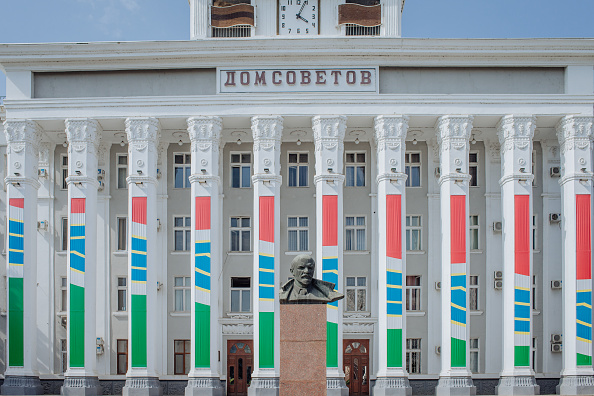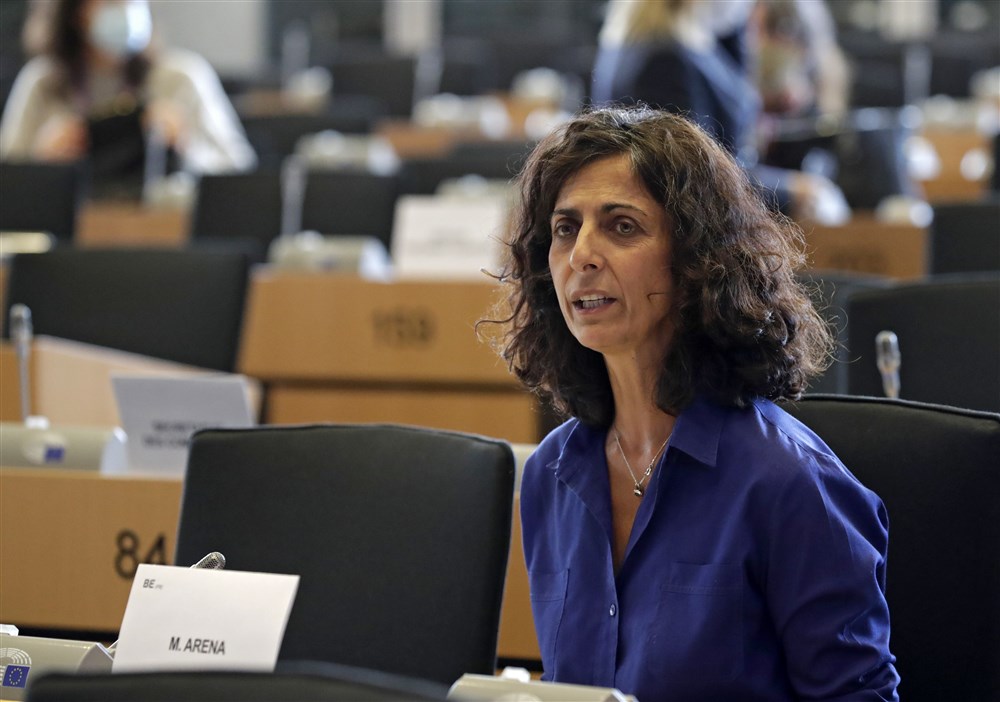Anyone watching Scotland knows how the Scottish nationalist politicians are running the place.
Government in Edinburgh is incompetent – with loopy spending, impossible health service management, and failing education. The basic tax rate is higher than in the rest of the UK, and the higher tax rate starts at a lower level.
Everything is wrong, but the only explanation from the SNP is that it is all England’s fault.
Most voters in Scotland, despite having loyalty to a nationalist party which likes to kick the English, do not want to vote for any kind of independence under this bumbling lot.
Next year there will be a general election. Polling shows that the Scottish Labour party is likely to roughly equal the SNP vote. The nationalists could lose half their seats at Westminster. (Quirks of electoral geography mean that Labour would win many more Scottish seats than the SNP if both parties got the same share of the vote.)
The reaction to this ought to be for the nationalists to lay out a new kind of policy that would pull Scotland back from its record of incompetent, indeed embarrassing, government.
Instead, the SNP has decided to double down on the embarrassment.
The party has launched a position paper, called An Independent Scotland in the EU. It has not caused much of a stir, because it is a repeat of the SNP’s Standard position. But it is all the party has.
The nationalists say that their country was “forced” to leave the EU because of Brexit, but if it were independent, it could re-join the EU. Then it would grow and prosper.
For the SNP, re-joining the EU would be sprinkling fairy dust over all Scotland’s problems.
As I say, embarrassing.
I became aware of this SNP EU fantasy years back, shortly after Nicola Sturgeon became party leader in 2014.
She came to Brussels and gave a speech at the Stanhope Hotel about an independent Scotland’s plans for staying in the EU.
I was in the audience and as soon as the speech was over, the man running the meeting asked if there were questions. I shot up my hand and was called. I identified my newspaper and questioned her assertions about sterling in Scotland and the euro.
After a brief, and as I remember it vague, answer from Sturgeon, the man running the meeting came back to the mic and said the meeting was not for journalists and Sturgeon would take no more questions from journalists.
Yes, Mrs Sturgeon, journalists are a pain. I couldn’t agree more. Yet all the questions remain, about the currency, about trade across the border with England, about the national debt Scotland will carry from the UK after independence.
But even if one could answer the problems of currency, of re-establishing the EU legal oversight of regulations, and figure out how to get around the fact that Scotland’s border with England, its overwhelming trade partner, would be an international border which Brussels would have no interest in softening up, the Scots really must ask if re-joining the EU is in their interests.
The Scots should listen to Michel Barnier, the French politician who led negotiations over Brexit. Barnier gave an interview to the Financial Times this week. Lesson one to learn from Barnier: “The EU today is no longer the EU that the UK left”.
He says the EU has no interest in compromising on any trade deals struck with the UK, so an independent Scotland (small, broke, with near-zero negotiating power) can forget about negotiating some fairy dust deal over trade with England.
Indeed, he dismissed a promise by Shadow Foreign Secretary David Lammy to go through the UK-EU trade agreement “page by page” to make a new deal if Labour is elected: “Good luck,” said Barnier.
Let us go back to that word negotiate. When a country applies to join the EU, the Commission and the candidate country begin negotiations. Except they are never actually negotiations.
The Commission hands a list of demands to the candidate country and the country must go away and meet the demands. If it doesn’t, it cannot join the EU.
To repeat Barnier’s warning, the EU is not the same EU Scotland and the rest of the UK left. This week the German Foundation for Family Businesses and Politics released a statement begging the EU to stop the ever-increasing burden of compliance being piled on the shoulders of businesses.
“Instead of dealing with markets and customers, companies have to do more and more administrative work and fulfil an increasing number of reporting obligations.”
“We have reached a critical juncture.”
One example given involved a family-owned air-filtration company with around 22,000 employees. Because of one aspect of one EU directive, “Up to 1,149 data points for 79 companies must be quantitatively and qualitatively assessed and, if necessary, recorded. One-off costs totalling €4 million to €5 million are expected.”
Does Scotland really want to join all this? This is not fairy dust, this is compliance torture. Scotland in the EU could not negotiate its way out.
Ah, but there is one more alluring point of an independent Scotland joining the EU which the SNP leadership, especially not Humza Yousaf, the First Minister, will admit.
If Scotland joins the EU, Yousaf will be swept into the European Council meetings in Brussels, stepping out of his Mercedes Benz at the same spot as the heads of state and government from France, Germany, and the rest do.
He will be able to settle in to first Name terms with all the real heavies (“As I said to Emmanuel and Olaf over lunch last week”). He can pretend he has influence. But he won’t.
He especially won’t since the EU is determined to add Moldova, Georgia, Albania, Bosnia and Herzegovina, Kosovo, Montenegro, North Macedonia, and Serbia to EU membership. This is not so much enlargement as crowd control.
I have seen this flattery of the small state before. I used to go to press conferences given by the Irish Taoiseach (prime minister) after European Council meetings. I’d note how often one of them, Enda Kenny, would drop the word Angela into his answers. I doubt that down the hall Angela was dropping the word Enda into her replies to the Press.
In honesty, the prime minister of any small and near-powerless EU state needs to adhere to another kind of Irish line. Continental Name dropping will get nothing for your country. As they say in Dublin, “He hasn’t got the influence to pull a sailor off his sister.”






Europe’s capital needs media to challenge the status quo: That’s why Brussels Signal is launching